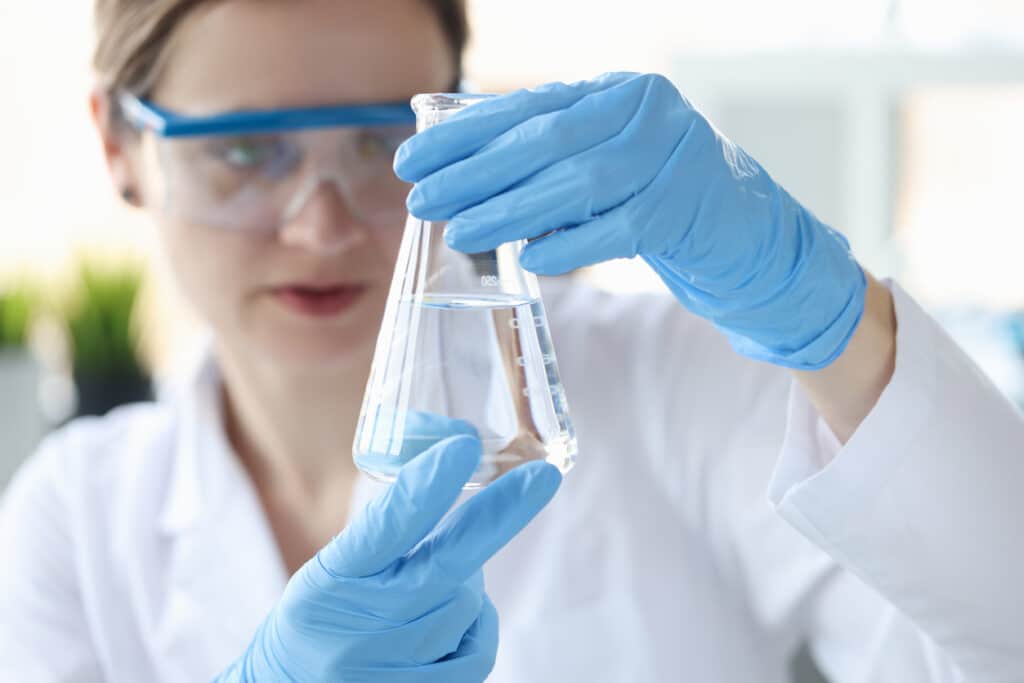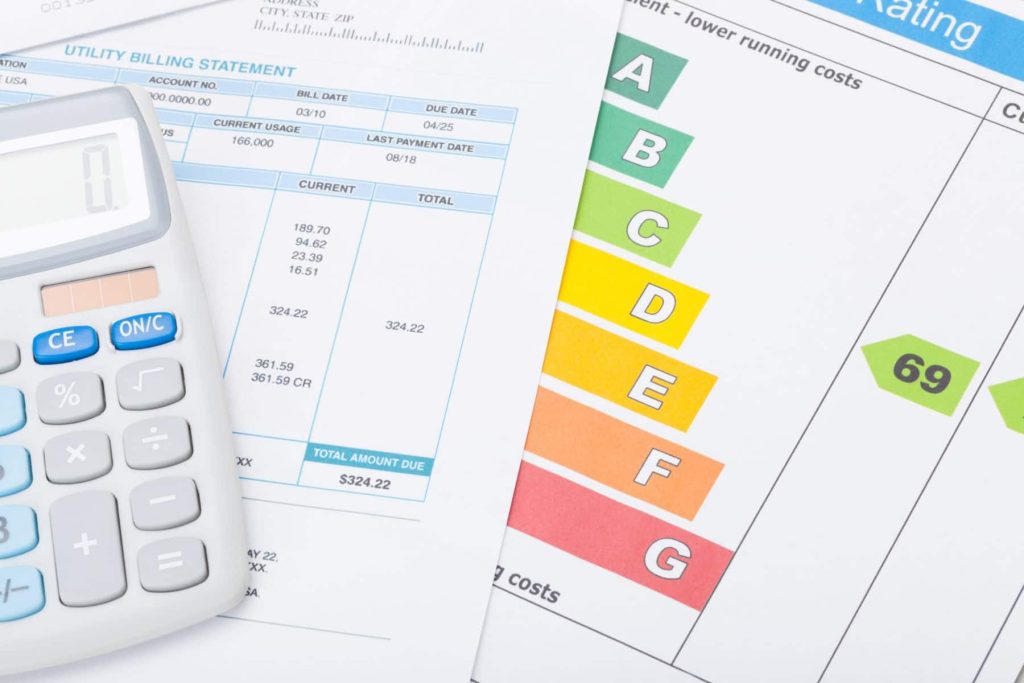What is hard water?
As water flows through soil and rocks, it dissolves minute amounts of naturally occurring minerals and carries them into the groundwater supply. The higher the concentration of dissolved minerals, the harder your water will be. With more than 85 percent of America receiving hard water, it’s not uncommon for you to encounter issues such as:
- Brittle hair
- Dry skin
- White mineral deposits on showers, bathtubs, flatware, and glassware
- Stiff, discolored fabric
- Inefficient water-using appliances
- Reduced efficiency for water heater by up to 48 percent
- In less than a year and a half, showerheads could lose 75 percent of their flow rate
- Clogged pipes
- Excessive use of cleaning agents
- Due to hard water, you would be using 50 percent more cleaning agents than would otherwise be necessary
Striving to protect their home as well as their expensive fixtures, a growing number of Americans are choosing to install water softeners or water conditioners. So, what’s the difference between the two systems?
While commonly referred to as “saltless water softeners,” they are technically water conditioners. Conditioners do not soften the water by removing calcium and magnesium ions, but rather change the chemical structure of these ions through descaling, which is a process that prevents buildup in pipes and water-using appliances. Water conditioners do not remove scale. Unlike for a water softener, a regeneration cycle is unnecessary because the minerals move about but are not removed. The sole benefit of water conditioners is the decrease of limescale buildup; but even then, the system is inefficient in reducing scale in fixtures such as water heaters as the hardness ions are not removed. The types of contaminants in the water can also affect the performance of the system.
Types of Water Conditioners
There are two types of water conditioners — carbon filtration and catalytic media. Carbon filtration improves the taste and smell of the drinking water by removing chemicals such as sulfur or chlorine by confining or absorbing them. Through Template Assisted Crystallization (TAC), a catalytic media conditioner transforms hardness ions into crystals when water flows through the media. The hardness crystals remain in the water but do not stick to surfaces.
In a water softener, calcium and magnesium (the hardness minerals) are removed through ion exchange. During the process, hardness ions are replaced with sodium or potassium particles when they flow through the resin bed (the softening media). When the resin bed reaches its maximum capacity, the system regenerates, flushing out the salt solution into a nearby drain. The number of times a system regenerates depends on the hardness of the water along with volume of water used.
While the benefits of a saltless system are far fewer than a water softener, customers could potentially be concerned about:
- Sodium intake:
While softening your water does add salt to it, an 8-oz glass of water only contains approximately 12.5 milligrams (mg) of sodium chloride. By drinking the advised eight glasses per day, it would only equate to 4 percent of the 2300 mg of salt intake recommended by the Center for Disease Control. As we commonly tell customers, it is equivalent to consuming a slice of white bread. Alternatively, customers can choose to utilize potassium instead of salt.
- The hassle of adding salt into the brine tank
- Water conservation: Kinetico Water Systems utilize 1/3 less consumables — salt and water — than any other system on the market, making it an ideal solution for drought-stricken conditions.
Made in the USA, Kinetico’s patented, non-electric, twin-tank water softeners ensure that customers can enjoy an uninterrupted flow of soft water even during regeneration. Our residential unit utilizes 13 gallons of water and 1 pound of salt per regeneration, combined with the most comprehensive warranty in the industry (10 years on all parts), guaranteeing the lowest total cost of ownership. If you would like to learn more about our Kinetico water softeners, sign up for a
free onsite water consultation, or give us a call at 408 371 5521 now!
Sources Cited
Angie Hicks, “What are the advantages of salt-free water softeners?” 2015, Angie’s List,
https://www.angieslist.com/articles/what-are-advantages-salt-free-water-softeners.htm
Guardian Water Services, “The Difference Between a Water Conditioner vs. a Water Softener,” 2017, Medium,
https://medium.com/@guardianwaterservices/the-difference-between-a-water-conditioner-vs-a-water-softener-1946b71beffa
HomeWater 101, “A Look at Hard Water Across the US,”
https://homewater101.com/articles/hard-water-across-us



